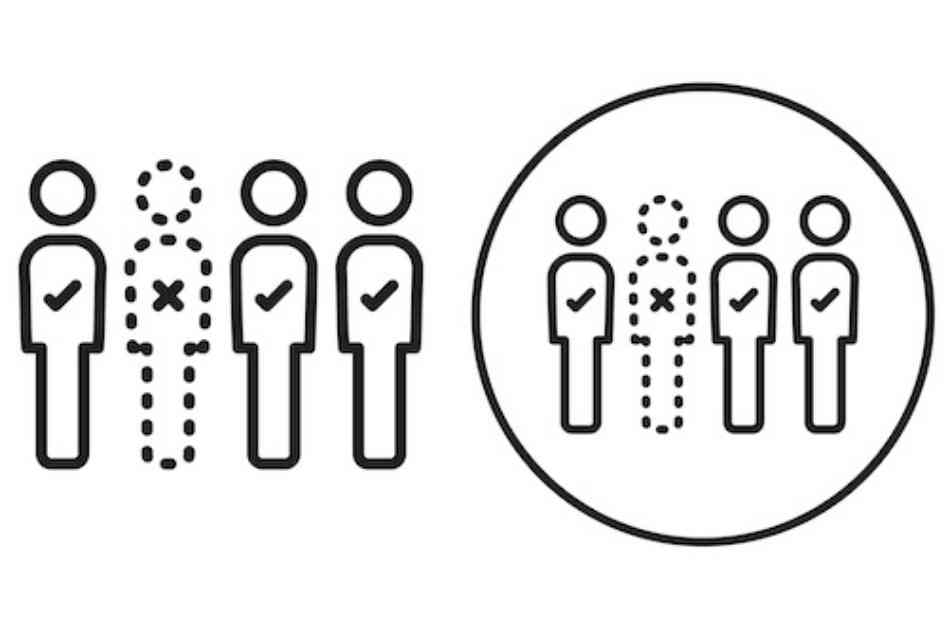Chronic absenteeism continues to be a significant issue in schools across the country, with one in four classroom seats currently empty. This trend has only worsened since the pandemic, with potentially long-term consequences for students’ academic success, health, and future prospects. However, there is hope on the horizon, as fourteen states have committed to reducing chronic absenteeism rates by half over the next five years.
One effective strategy to combat chronic absenteeism is the implementation of social-emotional learning (SEL) programs in schools. These programs focus on developing essential life skills that address the root causes of disengagement from classroom learning. Research has shown that schools that incorporate SEL see a reduction in absenteeism, increased student engagement, improved academic performance, and fewer dropouts.
One key way that SEL programs help reduce absenteeism is by addressing bullying, a major driver of school absence. By teaching students skills like empathy, emotional regulation, and responsible decision-making, SEL programs create a safer and more supportive school environment, leading to fewer bullying incidents and increased attendance.
Additionally, SEL strengthens teacher-student relationships, which have been shown to have a significant impact on school attendance. When students feel connected to their teachers and supported by them, they are more likely to attend school regularly. Building empathy and trust through social-emotional development can help create a more supportive classroom environment where students feel valued and motivated to learn.
Family engagement is another critical factor in reducing absenteeism, and SEL programs can help foster communication and empathy between students, families, and teachers. By understanding the root causes of absenteeism and creating a two-way connection between home and school, students feel safe to share their struggles, allowing schools to intervene and provide the necessary support to keep students engaged.
High school students, who are the most likely to miss school, can also benefit from SEL programs. As students navigate increasing independence and make choices about their education and future, strong relationships with teachers and the development of social-emotional skills can help keep them engaged and committed to their education.
School leaders and educators play a crucial role in implementing and supporting SEL strategies to reduce absenteeism. By incorporating social-emotional learning goals into school plans, communicating the importance of SEL to staff and families, and tracking program implementation, schools can create a supportive and engaging environment that encourages regular attendance.
In conclusion, addressing chronic absenteeism requires a multi-faceted approach, and social-emotional learning programs offer a proven solution to improve student engagement and academic outcomes. By prioritizing relationships, empathy, and essential life skills, schools can create a supportive and inclusive environment where all students feel valued and motivated to attend school regularly. Let’s work together to fill our classrooms with connected and engaged students by embracing the power of social-emotional learning.







